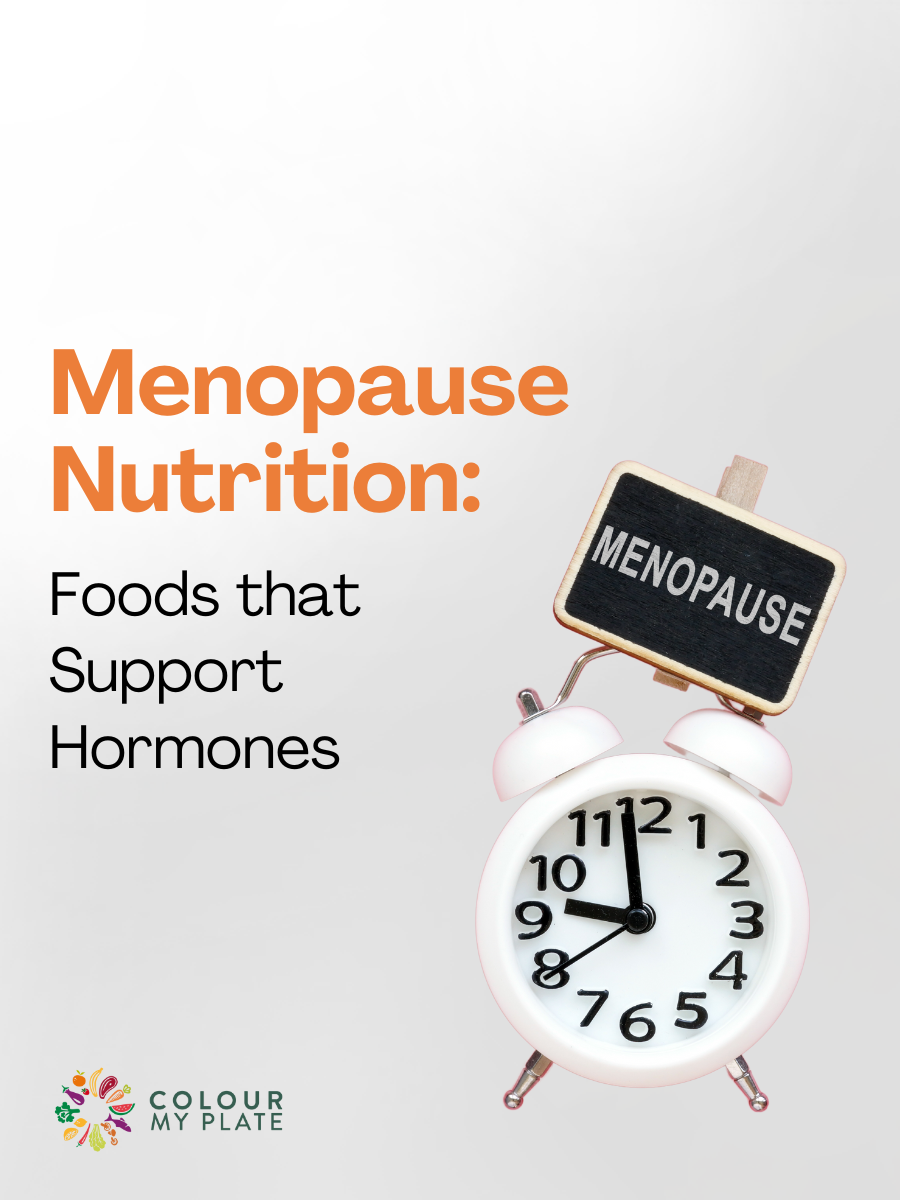
![]() 29 Jan 2025
29 Jan 2025
Menopause is a natural stage of life that every woman will experience, usually between her late 40s and early 50s. While it marks the end of menstruation, menopause also brings about hormonal changes that can affect energy, mood, bone health, and metabolism. The good news is that with the right menopause nutrition, you can ease many of these symptoms and support your overall well-being during this time.
As estrogen levels decrease during menopause, bone density can be affected, increasing the risk of osteoporosis. To keep your bones strong, focus on foods that are rich in calcium, like dairy, leafy greens (think kale and broccoli), and fortified plant-based milks. Pair them with vitamin D-rich foods, such as fatty fish, egg yolks, and fortified products, to help your body absorb calcium and keep your bones in top shape.
Phytoestrogens are plant-based compounds that act like estrogen in the body, offering mild support for symptoms like hot flashes and mood swings. Foods such as tofu, tempeh, edamame, flaxseeds, and sesame seeds are great sources of phytoestrogens. Adding these into your menopause nutrition can provide mild hormonal support during this transition.
As estrogen levels drop, menopause can increase the risk of heart disease. Omega-3 fatty acids, found in foods like salmon, walnuts, chia seeds, and flaxseeds, can help reduce inflammation and protect heart health. Additionally, healthy fats from avocados, olive oil, and nuts help maintain healthy cholesterol levels and support brain function.
Hormonal changes during menopause can slow down metabolism and affect digestion. Eating a diet rich in fiber can support gut health, stabilize blood sugar levels, and help with weight management. Include fiber-packed foods like whole grains, legumes, fruits, and vegetables—such as oats, lentils, apples, and carrots—into your meals to keep everything running smoothly.
Menopause can increase oxidative stress in the body, which contributes to aging and inflammation. To counter this, focus on eating plenty of brightly colored fruits and vegetables like berries, spinach, and bell peppers. These foods are full of antioxidants, which help protect your skin and immune system.
In addition to staying hydrated and cutting back on processed foods and added sugars, limiting caffeine and alcohol intake can significantly reduce menopause symptoms. Pair these changes with regular exercise, effective stress management, and a well-balanced, nutrient-dense diet, and you’ll likely find that menopause becomes a lot more manageable.
By focusing on nourishing foods and a healthy lifestyle, you can not only ease menopausal symptoms but also set yourself up for a vibrant and fulfilling next chapter. Embrace this transition as an opportunity to prioritize your health and well-being.

We noticed you haven't completed your delivery details.

Your message is sent